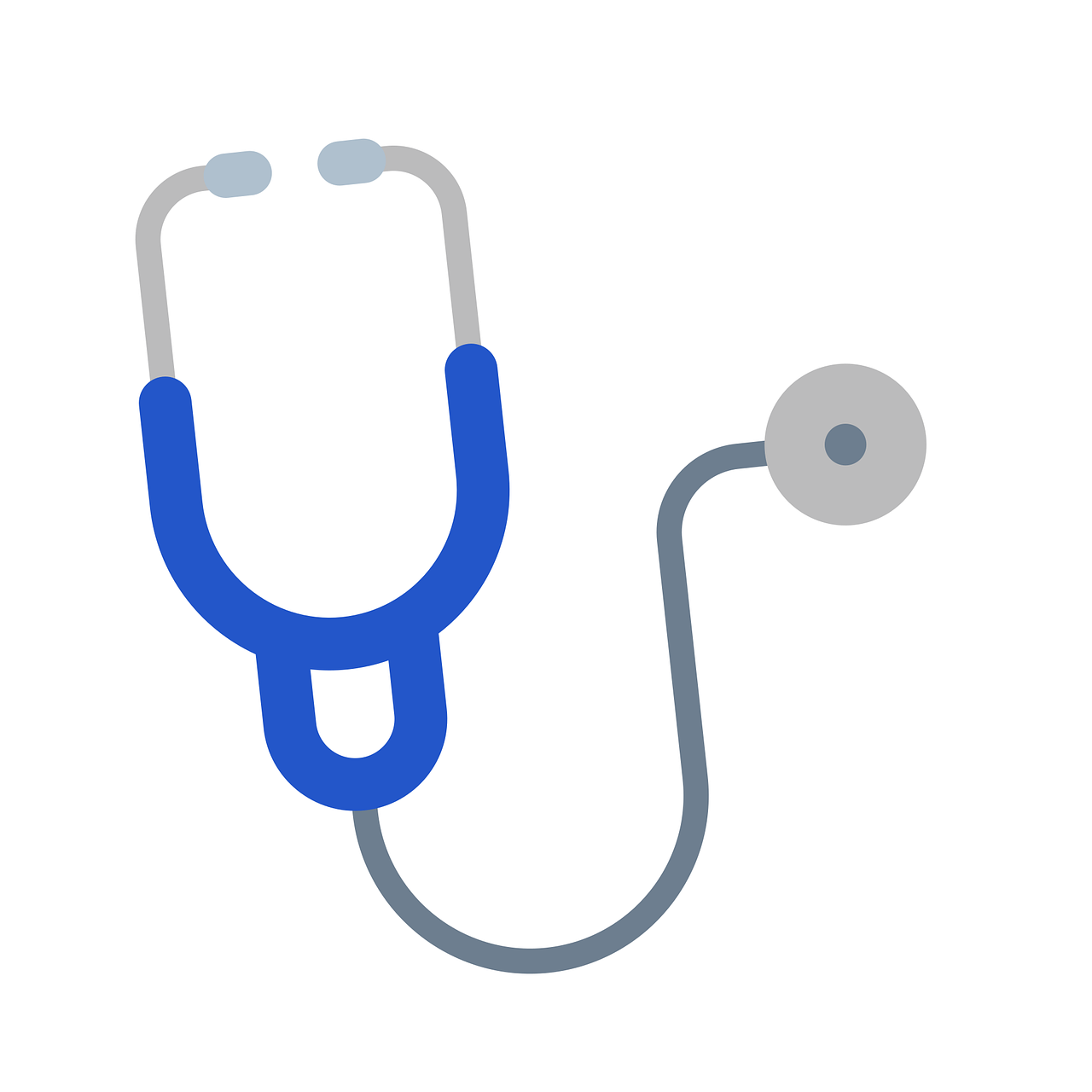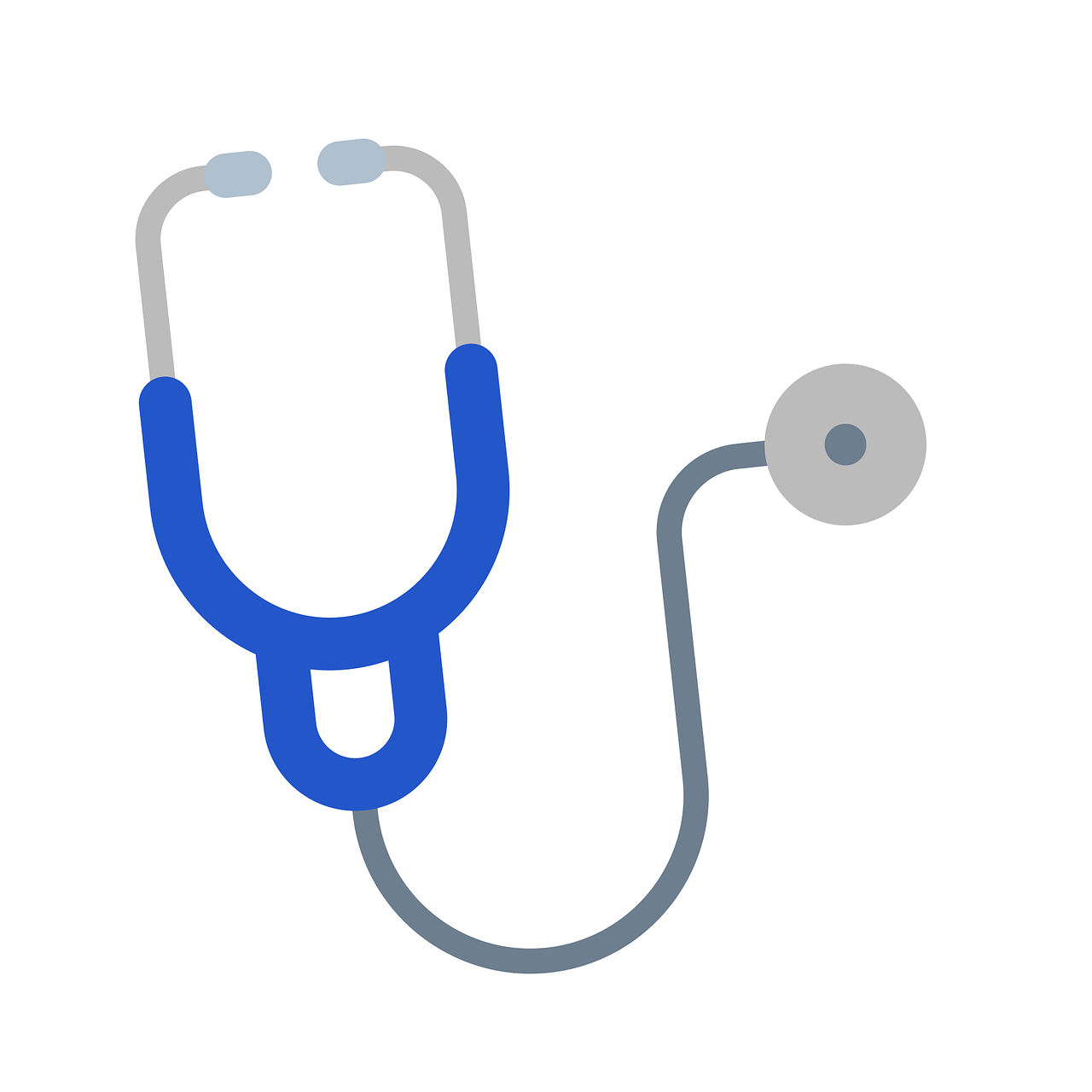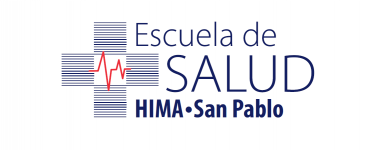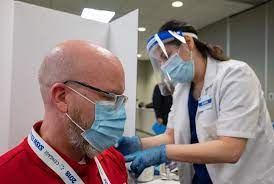- Teacher: Teylar Arroyo
- Teacher: Sherlley Cotto
Available courses
- Teacher: Teylar Arroyo
- Teacher: Luz Nieves
- Teacher: Teylar Arroyo
- Teacher: Aaron Lebron
- Teacher: Teylar Arroyo
- Teacher: Sherlley Cotto
- Teacher: Teylar Arroyo
- Teacher: Omar Capella
- Teacher: Teylar Arroyo
- Teacher: Magaly Mojica
This course allows the Master of Science in Advanced Practice Nursing student the
opportunity to conduct an evidence-based research project developed in the NUR 5003
course. It utilizes the competencies of scientific foundations and research for the
development of a final research project. The purpose is to emphasize the student's
ability to complete a project independently under the supervision of a faculty mentor
before a formal presentation to the university community.
- Teacher: Mildred Flores
After completing the theoretical and clinical courses of diagnosis and collaborative management in critical care for adults, the student will rotate thorough all critical care units to advance as an independent nurse practitioner thorough a structured, professional transition-into practice experience. The student will assess, coordinate, treat, and evaluate patients in the hospital critical settings in close collaboration with a medical doctor who serve as preceptor.
- Teacher: Dr. Jimmy Amaro
This course provides students the opportunity to discuss the ethical and legal aspects of the delivery of health care services. The content is designed to enhance knowledge on current ethical and legal issues that affect professional nursing and health care practice.
- Teacher: Omar Capella
This course allow the application of clinical competencies for advanced practice in the diagnosis and management of adult patients in acute care for kidney, endocrine and gastrointestinal system disorders. In addition it emphasizes the care of an adult with different disorders of their systems and the care of the special population. The course emphasizes the collaborative interaction to diagnose and manage acute and chronic disorders of the patient with prominence on being able to understand the alterations, differentiate signs and symptoms, formulate possible diagnoses, and determine the effect of the disease in a diverse population.
- Teacher: Elivette Sanchez Garcia
The course provides the advanced practice student with content focused on psychodynamic theories, scientific research, and evidence-based practice. It focuses on clinical decision making in patients with mental health problems. Integrates psychopharmacological, psychotherapy, complementary and alterative medicine throughout the stages of development and growth. It integrates the basis of new diagnostic and treatment manual classification, genetic testing, and the increases used of mental health service delivery. Students in advanced practice will gain new insights into possible diagnoses when determining treatment for patients with mental health disorders.
- Teacher: Erika Carrasquillo
This course prepare nurse practitioners to accurately describe, administer, and counsel
patients regarding appropriate and safe medication regimens. The course emphasizes
on the clinical application of advanced pharmacology for common disease conditions
encountered in primary care settings. It discusses principles and actions of
pharmacology relative to physiologic systems, with emphasis on the application of these
agents.
- Teacher: Maria Rodriguez
This course allows students to interpret and analyze the biostatistical data found in health sciences research. Students will study multivariate techniques and apply aspects of complex research designs, including model testing, decision theory, and advanced statistical techniques.
- Teacher: Juan Ortiz Rodriguez
This course provides the sills to analyze the health status of children, adolescents, adults and the elderly across the lifespan. The course emphasizes on interviewing techniques, communication, interpersonal skills and psychomotor skills. Students will perform evaluation of health status including the role of risk factors and health promotion strategies. Uses integration of critical thinking thru interpretation of data for the purpose of differentiating typical from atypical presentations and recognizing actual and potential health problems. Thru the laboratory component, the student uses the nursing process performing evaluation of health status, as well as the decision-making and solution of problems related to physical assessment.
- Teacher: Elaine Santiago Fernández
This course integrates theoretical conceptions that support advanced nursing practice.
It examines different philosophies, models and theories to provide a foundation for the
graduate student to transition into the advanced practice role.
- Teacher: Vivian Brunet
This course focus on advanced pathophysiology processes across the lifespan, incorporating use of clinical reasoning skills to distinguish alterations across multiple physiological systems.
- Teacher: Isaac Solano
The course is designed to present strategies for taking Revalidation. It involves simulating real clinical situations, challenging you to apply your knowledge effectively and make informed decisions in patient care.

This course allows the application of clinical competencies for advanced practice in the diagnosis and management of adult patients in acute care for shock, genitourinary and renal, trauma, musculoskeletal, otorhinolaryngology (ENT), pregnancy, and sexually disorders. In addition, it emphasizes the care of an adult with different disorders of their systems and the care of the special population. The course emphasizes the collaborative interaction to diagnose and manage acute and chronic disorders of the patient, with prominence on being able to understand the alterations, differentiate signs and symptoms, formulate possible diagnoses, and determine the effect of the diseases in a diverse population.
- Teacher: Mildred Flores
This course provides the competencies for advanced practice in the diagnosis and
management of adult patients in acute care. The curse reviews the acute and chronic
disorders of adult patients, with an emphasis on understanding alteration in the
shock, renal and genitourinary disorders, hematology, trauma, musculoskeletal,
otorhinolaryngology, pregnancy, and sexually transmitted.
- Teacher: Maria Rodriguez
The course is designed to present strategies for taking Revalidation. It involves simulating real clinical situations, challenging you to apply your knowledge effectively and make informed decisions in patient care.

After completing the theoretical and clinical courses of diagnosis and collaborative management in critical care for adults, the student will rotate thorough all critical care units to advance as an independent nurse practitioner thorough a structured, professional transition-into practice experience. The student will assess, coordinate, treat, and evaluate patients in the hospital critical settings in close collaboration with a medical doctor who serve as preceptor.
The course requires a minimum of two hours of outside preparation for each hour of direct faculty instruction, and a minimum of one hour of outside preparation for each hour of laboratory work. Outside work should include projects, assignments, portfolios, written report (includes essays), study cases, reading assignments, etc.
In this section you will find information on how to use Moodle and how to get help.
The course primarily focuses on the concepts of clinical judgment and decision-making, needed by advanced practice nurses as a basis for making sound clinical decisions. The clinical portion of the course involves application of a clinically oriented approach to help students master the differential diagnosis of common symptoms.
- Teacher: Elaine Santiago Fernández
This course provides students the foundations of advanced practices for critically ill adult patients. The content is designed to enhance knowledge as an advanced practice nurse to provide professional and patient-centered nursing care to critically ill patients. The course allow nurses to master the critical care procedures, intervention, monitoring and pharmacological conceptions required when managing critically ill patients.
- Teacher: Aaron Lebron
This course provides students the opportunity to discuss the ethical and legal aspects of the delivery of health care services. The content is designed to enhance knowledge on current ethical and legal issues that affect professional nursing and health care practice.
- Teacher: Omar Capella
The course provides the advanced practice student with content focused on psychodynamic theories, scientific research, and evidence-based practice. It focuses on clinical decision making in patients with mental health problems. Integrates psychopharmacological, psychotherapy, complementary and alterative medicine throughout the stages of development and growth. It integrates the basis of new diagnostic and treatment manual classification, genetic testing, and the increases used of mental health service delivery. Students in advanced practice will gain new insights into possible diagnoses when determining treatment for patients with mental health disorders.
- Teacher: Erika Carrasquillo
This course allow the application of clinical competencies for advanced practice in the diagnosis and management of adult patients in acute care for kidney, endocrine and gastrointestinal system disorders. In addition it emphasizes the care of an adult with different disorders of their systems and the care of the special population. The course emphasizes the collaborative interaction to diagnose and manage acute and chronic disorders of the patient with prominence on being able to understand the alterations, differentiate signs and symptoms, formulate possible diagnoses, and determine the effect of the disease in a diverse population.
- Teacher: Vivian Brunet
This course provides the competencies for advanced practice in the diagnosis and management of adult patients in acute care. The course reviews the acute and chronic disorders of adult patients, with an emphasis on understanding alteration in the neurologic disorders, immunologic, musculoskeletal, gastrotomy, endocrine disorders.
- Teacher: Carmen Borgos
This course allows applying the clinical competencies for advanced practice in diagnosis and management in critical care settings for the adult patient in the areas of critical care such as the alterations in the cardiac, pulmonary, nervous and hematological systems. The course emphasizes in collaborative partnership to diagnose and manage acute and chronic disorders of the adult patient, with prominence on understanding alterations, and differentiating signs and sysmptoms to forumulate possible diagnoses and determining the effect of illnes on a diverse population.
This course provides the competencies for advanced practice in diagnosis and management in critical care setting for the adult patient. The course reviews acute and chronic disorders of the adult patient, with emphasis on understanding pulmonary, cardiovascular, neurologic, and hematology alterations. The course leads to understand the alterations and differentiating signs and symptoms to formulate possible diagnoses and determining the effect of illness on a diverse population.
- Teacher: Carmen Borgos
This course examines the application of Evidence-Based research in nursing and healthcare. Emphasis is placed on interpreting, evaluating, and applying Evidence-based research to improve practice and healthcare outcomes.
- Teacher: Luz Nieves
This course emphasis on advanced pathophysiological processes across the lifspan, incorporating use of clinical reasoning skills to distinguish alterations across multiple physiological systems. Students will understand the theoretical basis of pathogen and transmission characteristic interactions.
Students will comprehend the practice of epidemiology as it relates to real life and makes for a better appreciation of public health programs and policies.
Course Objectives:
Describe and understand the main epidemiological characteristics of the major infectious diseases of Humans.
Acquire an advanced understanding of host defense mechanisms and immune responses in relation to infectious diseases
Understand of impact of infectious diseases on populations and communities.
Recognize how epidemiological characteristics can be applied to develop and
evaluate strategies to prevent epidemics or endemic transmission of the major
infections of humans.
- Teacher: Luz Nieves
The course emphases on the knowledge and application of advanced pharmacotherapeutic principles related to the health needs of patients as well as legal and proffessional issues of prescribing. The course covers the principles of drug action, pharmacokinetics and pharmacotherapeutics in the context of advanced nursing practice.

- Teacher: Aaron Lebron
En esta área va a encontrar información relevante y práctica de como utilizar la plataforma Moodle y la herramienta BigBlueButton. La unidad de Moodle contiene información relevante cómo lo es gestionar el registro de calificaciones y describe cada uno de los distintos recursos didácticos y la manera de aplicarlos. En cuanto a la unidad de BigBlueButton, tiene información de cómo utilizar esta herramienta para la creación de reuniones virtuales y las grabaciones que se crean luego de finalizada las reuniones virtuales. Espero que esta información le sea de utilidad para sus cursos.
In this area, you will find relevant and practical information on how to use the Moodle platform and the BigBlueButton tool. The Moodle unit contains relevant information such as how to manage the grade record and describes each of the different didactic resources and how to apply them. As for the BigBlueButton unit, it has information on how to use this tool for creating virtual meetings and the recordings that are created after the virtual meetings are over. I hope you find this information useful for your courses.

The course primarily focuses on the concepts of clinical judgment and decision-making, needed by advanced practice nurses as a basis for making sound clinical decisions. The clinical portion of the course involves application of a clinically oriented approach to help students master the differential diagnosis of common symptoms.
El propósito de la Biblioteca Virtual del Centro de Recursos Académicos e Investigación es brindar una amplia oferta de recursos para la investigación, la docencia y el conocimiento. Mediante el acceso a bases de datos de e-journals, libros digitales, y entre otros, podrás acceder a recursos de información que te ayudarán para que puedas hallar información valiosa que te servirá para realizar sus tareas o necesidad de información. Asimismo, aquí encontrarás un espacio para que puedas optimizar o desarrollar las competencias del manejo de la información.

This course provides the sills to analyze the health status of children, adolescents, adults and the elderly across the lifespan. The course emphasizes on interviewing techniques, communication, interpersonal skills and psychomotor skills. Students will perform evaluation of health status including the role of risk factors and health promotion strategies. Uses integration of critical thinking thru interpretation of data for the purpose of differentiating typical from atypical presentations and recognizing actual and potential health problems. Thru the laboratory component, the student uses the nursing process performing evaluation of health status, as well as the decision-making and solution of problems related to physical assessment.

This course focus on advanced pathophysiology processes across the lifespan, incorporating use of clinical reasoning skills to distinguish alterations across multiple physiological systems.
- Teacher: Isaac Solano
This course prepare nurse practitioners to accurately describe, administer, and counsel patients regarding appropriate and safe medication regimens. The course emphasizes on the clinical application of advanced pharmacology for common disease conditions encountered in primary care settings. It discusses principles and actions of pharmacology relative to physiologic systems, with emphasis on the application of these agents.
- Teacher: Aaron Lebron
This course allows students to interpret and analyze the biostatistical data found in health sciences research. Students will study multivariate techniques and apply aspects of complex research designs, including model testing, decision theory, and advanced statistical techniques.
- Teacher: Juan Ortiz Rodriguez
The course focus on real use, documentation of medical record, and utilization of an electronic medical record that automate the activities of healthcare services as it applies to physicians, nurses, healthcare technicians, and administrative staff. The course comprise of readings, case studies, case studies, and hands-on labs to learn the functionality and processes to follow within the electronic medical record.
- Teacher: Maria Rodriguez


